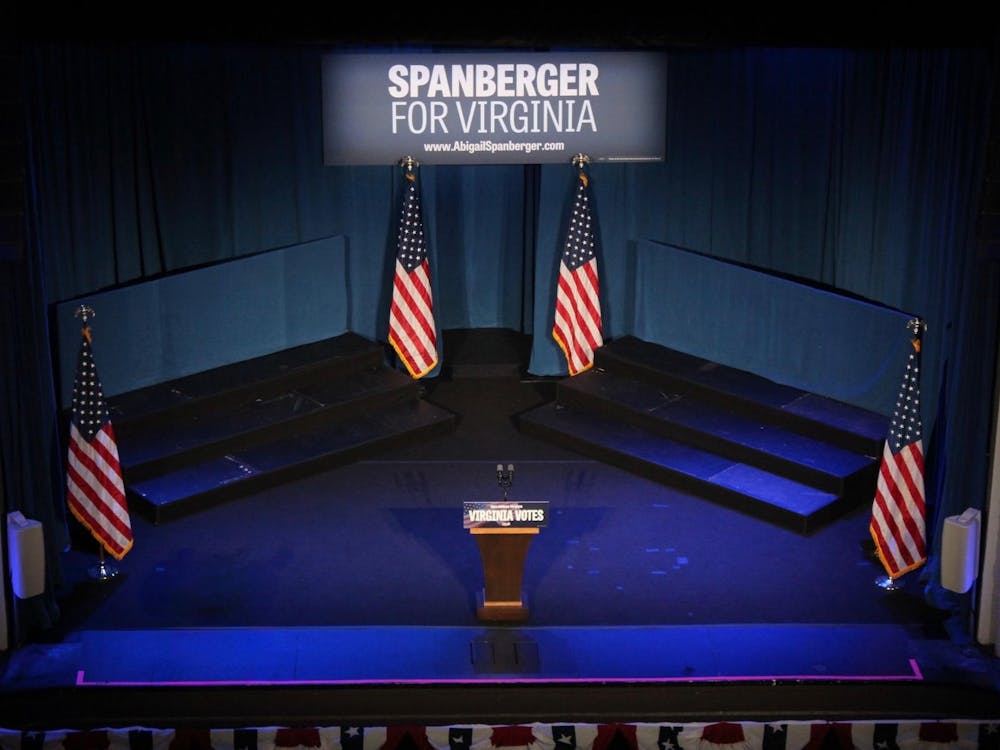Former University student Richard W. Smith took the stand in U.S. District Court in Charlottesville yesterday to make his case that the University Judiciary Committee is not properly trained or supervised by University administrators.
Smith is seeking $1.25 million in damages resulting from a two-year suspension for his role in the Nov. 1997 attack of then-first-year student Alexander "Sandy" Kory. Smith said the UJC was not "very inclined to help and weren't very reasonable," when he tried to register complaints about how his UJC trial was being handled.
|
But Richard Kast, General Counsel for the University, told jurors in his opening statement that the facts would prove that Smith's lawsuit has no basis. "Mr. Smith either didn't familiarize himself with the procedures [of the UJC] or you may come to the conclusion that Mr. Smith tried to evade the UJC," Kast said.
A hotly debated topic in the trial yesterday was Smith's reasoning behind not attending his Nov. 21, 1998 UJC trial to defend himself.
Smith testified that he, his father, Bradley Kintz and Harrison Kerr Tigrett - the two other students brought up on UJC charges in connection with the incident - and their UJC-assigned student counsel, Corrie Hall, met with William H. Harmon, vice president for student affairs, on Nov. 20, 1998.
Smith said the students at the meeting stressed their uneasiness with the trial scheduled for the next day, voicing concerns that Hall was not prepared to proceed in the trial because the UJC prosecution had sprung a list of surprise witnesses on them four days before the trial.
Smith said yesterday that after hearing their concerns, Harmon said he would postpone the trial.
Kast asked Smith why he did not check up on whether Harmon, who acts as a supervisor to the UJC, actually had the authority to postpone a hearing.
"He never told me he couldn't do it," Smith responded.
Kast tried to show it was Smith's own mistakes that led to his absence from the UJC trial, while Smith maintained he was only following what Harmon had told him.
Kast cited examples such as Smith's mediocre class attendance and his failure to notify the UJC of an address change - which resulted in his not receiving all UJC correspondence - to attest to his irresponsibility. He argued that Smith should have made sure his trial actually was postponed before leaving town on the morning of Nov. 21.
Smith alleged that Hall, at the time a second-year student trying her first case, had not been adequately trained by the UJC, and claimed he did not receive the best defense and notification in his trial.
Smith's father, Frederick W. Smith, chairman of the board at Federal Express, also took the stand yesterday before his son gave testimony.
He also testified that Harmon had said in the 1998 meeting that the UJC trial would be postponed, and that he saw no reason why he and his son could not leave town the next day. When Tigrett informed the Smiths by a phone call that the trial had indeed taken place, and that all three students had been expelled, "we were dumbfounded, we were shocked," Frederick Smith said.
The trial is slated to last through Thursday.






